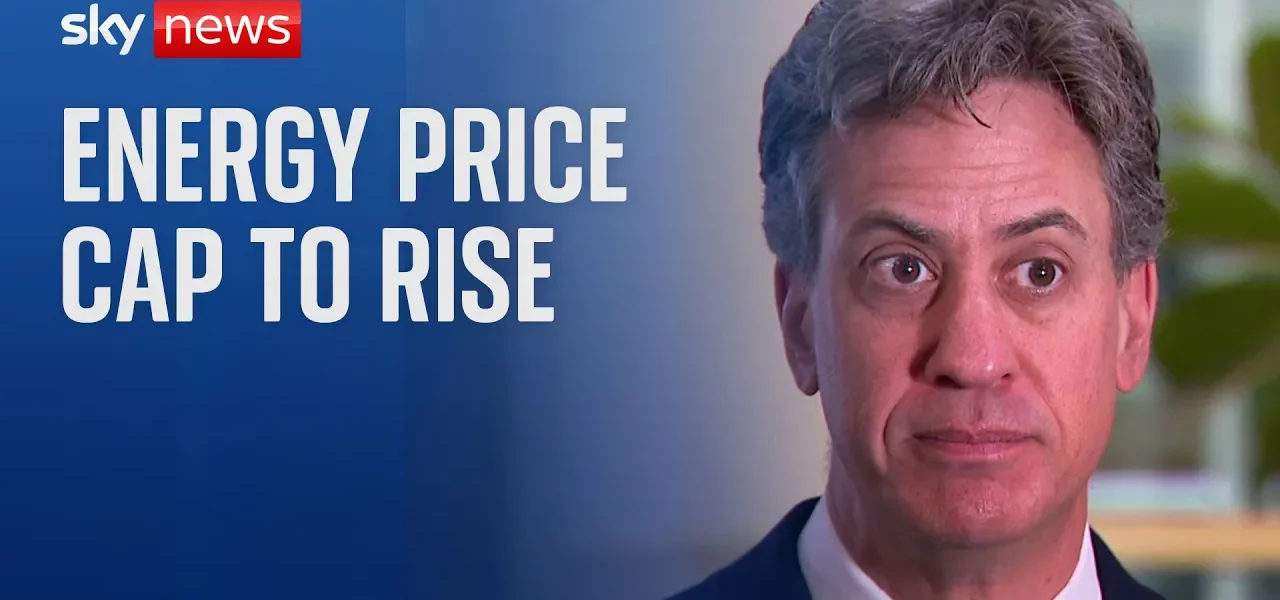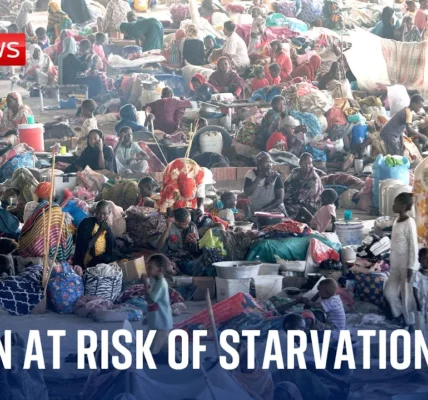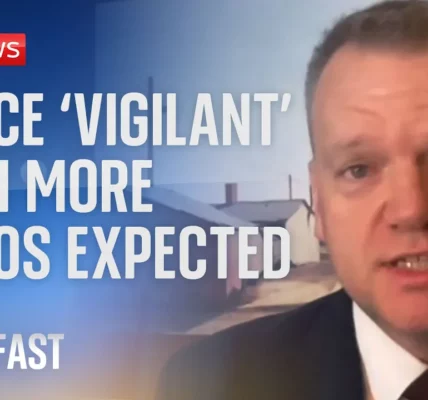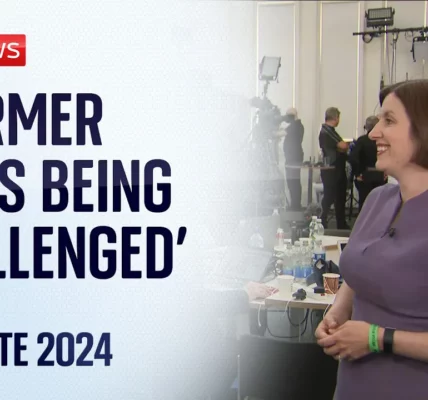Energy Price Cap Increase: Implications and Government Response

The recent announcement by Ofgem regarding a 10% rise in the energy price cap has sent ripples of concern across the UK. In this article, we delve into the implications of this increase, insights from Energy Secretary Ed Miliband, and the government’s plans to mitigate the impact on families this winter.
Introduction
The energy price cap, which serves as a limit on what energy suppliers can charge customers on default tariffs, has seen a significant increase, as reported by the regulator Ofgem. This increase, approximately 10%, comes at a particularly challenging time for many households already grappling with financial strains due to inflation and other economic pressures. In this article, we will explore the factors leading to this price hike, the government’s response, and what families can expect in the coming months.
Understanding the Energy Price Cap Increase
The energy price cap is intended to protect consumers from excessive charges, but its increase poses serious challenges for many households. The rise reflects broader trends in international gas markets, heavily influenced by geopolitical factors.
Factors Contributing to the Price Increase
Several key factors contribute to the recent rise in energy prices:
- International Gas Markets: The UK’s reliance on global gas supplies, which are often subject to fluctuations and political instability.
- Geopolitical Tensions: Events such as conflicts and sanctions can disrupt supply chains, leading to increased prices.
- Legacy Issues: The previous government’s policies have left a legacy of vulnerability in energy supply and pricing.
Government’s Response: Insights from Ed Miliband
In response to the price cap increase, Energy Secretary Ed Miliband expressed disappointment, highlighting the struggles families will face this winter. Here are some key points from his statements:
Plans for Energy Security
Miliband emphasized the government’s commitment to enhancing energy security through several initiatives:
- Investment in Renewable Energy: The government aims to increase the share of clean, homegrown energy sources, such as solar and wind.
- Regulatory Reforms: There are plans to reform the regulator to better represent consumer interests and ensure fair standing charges.
- Energy Efficiency Programs: Increased funding for energy efficiency measures will help households reduce their energy bills.
Impact on Vulnerable Groups
The increase in energy costs will disproportionately affect vulnerable groups, particularly pensioners. Miliband acknowledged the challenges posed by the scrapping of the winter fuel allowance for 10 million pensioners in England and Wales.
Addressing the Needs of Pensioners
To mitigate this situation, the government is focusing on:
- Encouraging pensioners to claim pension credits they are entitled to, which can help offset increased energy costs.
- Targeting support to the most vulnerable, ensuring that aid is directed where it is needed most.
- Continuing dialogues with energy suppliers to remind them of their responsibilities towards vulnerable customers.
Looking Ahead: What Families Can Expect
As winter approaches, families are understandably concerned about their ability to keep warm and manage their energy bills. The government has outlined several measures to support these households:
Short-Term and Long-Term Strategies
These strategies include:
- Immediate Financial Assistance: Exploring options for direct financial support to low-income families.
- Long-Term Energy Policy Reforms: A commitment to creating a sustainable energy framework that reduces dependence on international markets.
- Enhanced Communication: Keeping the public informed about available support and energy-saving tips.
Conclusion
The recent rise in the energy price cap highlights the challenges facing many UK households as they prepare for winter. While the government has outlined a series of measures aimed at alleviating financial pressures, ongoing vigilance and support will be crucial. Families are encouraged to stay informed about their energy options and seek assistance where needed. For further updates on energy policies and support programs, be sure to check our related articles on energy efficiency and government assistance programs.
“`




